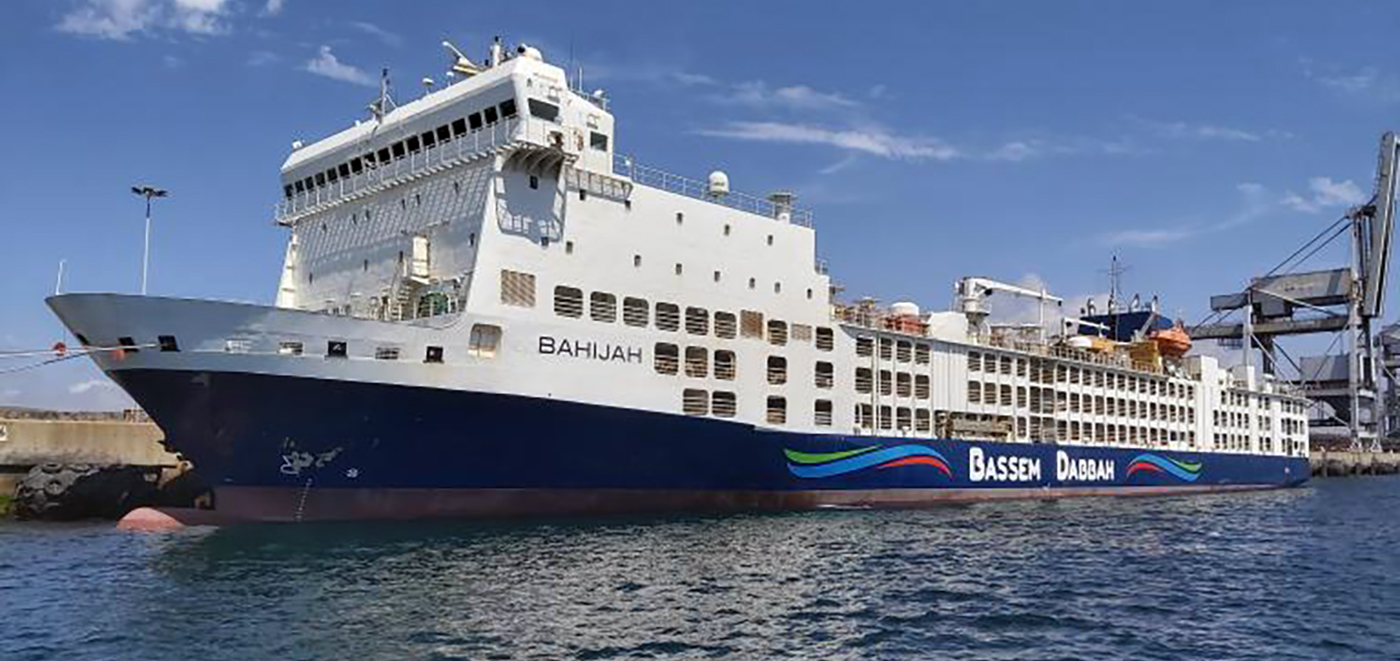Following the Al Kuwait’s docking in Cape Town, another livestock carrier is expected to traverse the Cape of Good Hope in the coming weeks. Carrying 16,000 cattle and sheep, the MV Bahijah left Australia this week and is destined for Israel.
The MV Bahijah is not planning to dock in Cape Town. It is taking a detour from Fremantle to the Middle East as it cannot traverse the Red Sea due to the Houthi attacks on vessels travelling near Yemen.
Read more in Daily Maverick: Livestock carrier docked in Cape Town causes big stink and animal welfare beef
Australian animal rights group Animals Australia (AA) said the ship left Fremantle on 5 January 2024 on its way to Israel via Africa, rerouting because of the conflict in the Red Sea. Australian authorities forced it to turn around.
Australia’s Department of Agriculture, Fisheries and Forestry had blocked the export from the company Bassem Dabbah because of concerns over the animals’ health and welfare on the lengthy journey.
In a statement on 1 March, the department said, “All consignments of livestock exported from Australia are subject to inspection by departmental veterinarians to ensure they are fit for export and meet all importing country requirements.”
‘Two months in limbo’
AA described the tortuous journey the animals experienced, having to return to Australia before setting out on the sea again.
“Upon returning to Fremantle after 2.5 weeks at sea, they [the animals] were left to languish on the vessel for another fortnight — in the middle of a heatwave. Inconceivably, rather than offload them immediately, the exporter applied for a new permit to re-export the animals via a longer and more gruelling route around Africa.”
The animals were eventually offloaded and confined to quarantine feedlots in Fremantle while the Israel-based company applied for a new permit to re-export the sheep and cattle.
“After nearly two months in limbo, with all the cumulative stresses of being in totally inappropriate and unnatural environments, the ultimate fate of these animals was still to be balanced with the commercial interests of the export company. And, once again, the animals lost,” said AA.
“The live export regulator had strong grounds to reject the export permit application, and our legal team has worked tirelessly with our colleague groups here and abroad to ensure they were well aware of them. Yet, they have chosen to approve it, adhering to processes that were not written with the interests of animals at heart.”
Animal welfare
Animals transported for long days by sea endure harsh conditions and significant stress.
Last month, following the docking of the Al Kuwait, pictures leaked to Daily Maverick showed distressed cattle, some of which had been lying in their urine and faeces for eight days.
Some of the cattle died and others that were badly injured were put down.
Read more in Daily Maverick: The cruelty of floating feedlots that ply the seas with living cargo destined to die
The trip from Australia to Israel is expected to take 34 days compared with the 18 days it would have taken if the vessel could use the Red Sea route.
Keshvi Nair, the spokesperson for South Africa’s National Council of SPCAs (NSPCA), said that their mandate was limited to South Africa, and they were unable to take any action against the MV Bahijah.
“We are concerned because the animals have been on the sea for a long time,” he said. “We have no idea of the conditions of the ship and the animals inside.”
Meanwhile, the Al Kuwait finally docked in Iraq on Tuesday, after leaving South Africa on 21 February. DM





